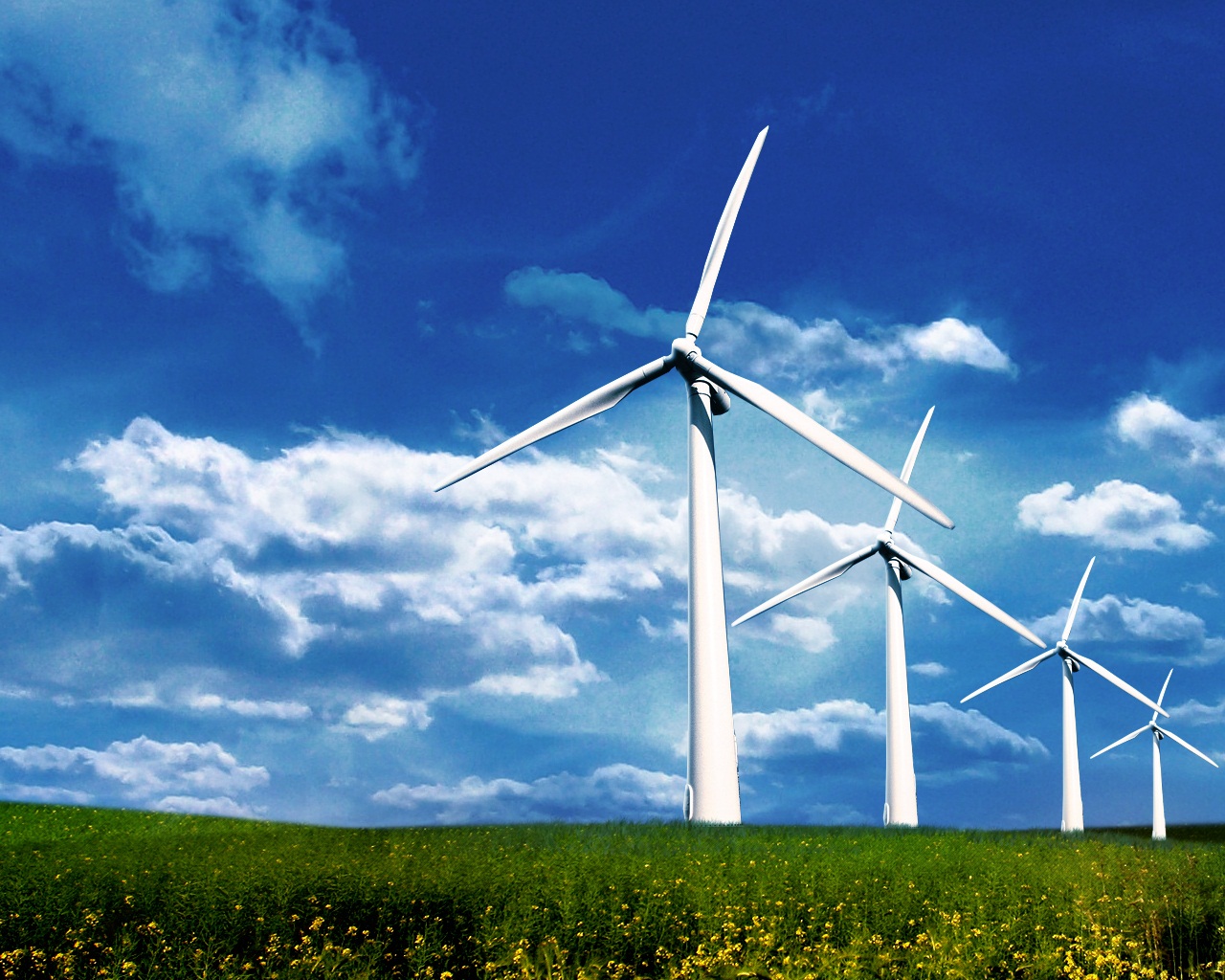Western Australian firm, Enerji, has signed a memorandum of understanding with South African company, Inspired Evolution Investment Management, as part of its expansion program into several countries across sub-Saharan Africa. Inspired Evolution is a specialised investment management business and authorised financial services provider, with a focus on new energy, water control, waste management and green buildings. This makes its partnership profitable as Enerji’s Accretive Thermal Energy Node (ATEN) technology converts waste heat into renewable, zero-emission power.
Given the fact that the company has, in the past, signed MoUs with other firms in a bid to reduce carbon emissions in other regions around the world, Africa can take advantage of this opportunity to be an active contributor in the fight to reduce the effects of global warming.
Enerji reportedly takes waste heat from power generation and industrial processes, turning it into zero-emission electricity. This reduces electricity consumption from the grid or the consumption of fuel for power generation, reducing operating costs and carbon emissions. According to the World Bank, carbon dioxide emissions (CO2) stem from the burning of fossil fuels and the manufacturing of cement. They also include carbon dioxide produced during consumption of solid, liquid and gas fuels as well as gas flaring.
Some of the above named factors, as we already know, are prevalent in many African countries like Nigeria where gas flaring has become a major challenge to environmental safety. Recently, analysis gathered by BusinessDay revealed that aside from environmental issues, gas flaring costs the Nigerian economy N2.027 trillion, which is a lot of money.
However, Africa may be ready for the proliferation of foreign direct investments (FDIs) to aid exploration of renewable energy. In Jung Wan Lee’s 2013 paper on clean energy, he wrote saying that foreign direct investments (FDI) help foster a reduction in CO2 emissions. “FDI helps enterprises promote technology innovation, adopt new technologies and thus increase energy efficiency and advance low carbon economic growth.” He also implied that wherever there is a build-up of FDIs, businesses have easier access to financial capital. Thereby expanding their existing operations or construct new plants and factories, all of which will increase the demand for energy.
It follows therefore that African governments need to address policy changes to drive FDIs which will, in turn, create a safer environment for every African. “Governments must design strategies that will allow their nation to move from their current growth process onto the sustainable growth path. This will require policy changes in many countries, with respect to their own growth and to their impacts on other nations’ growth possibilities,” Lee wrote.








